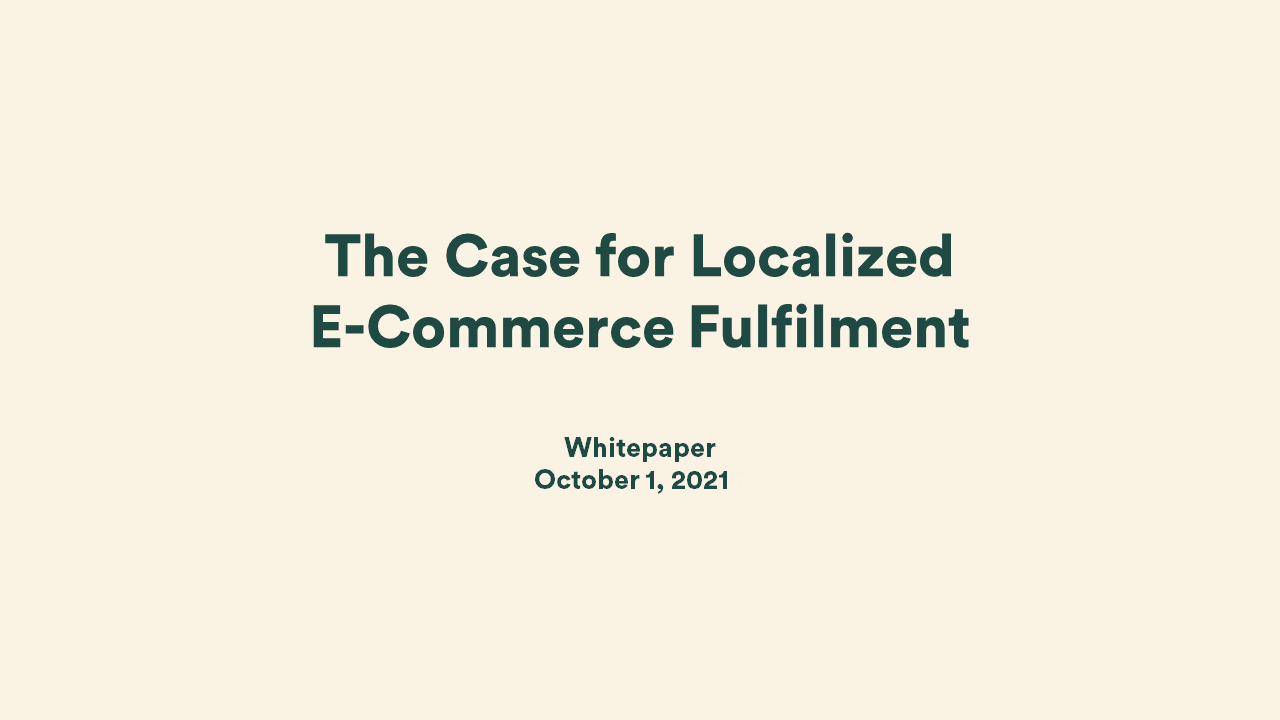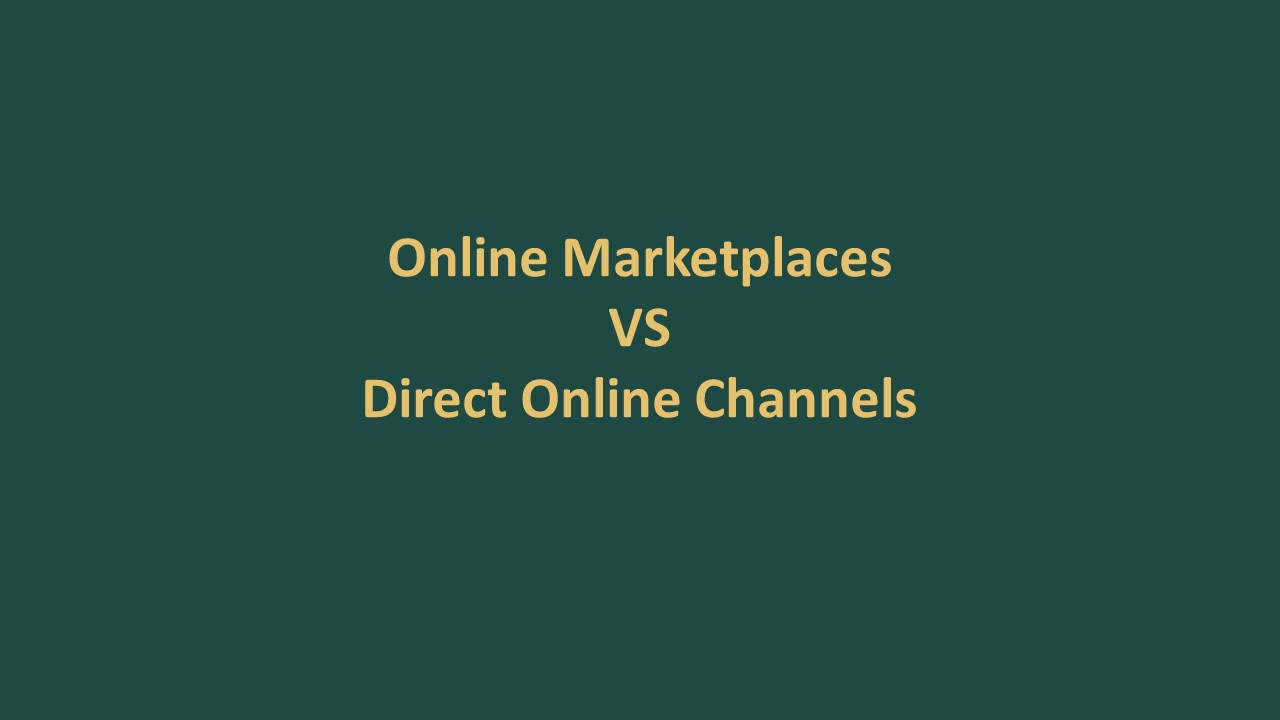Published on Nov 09, 2023
Introduction
The dynamic e-commerce landscapes of the United Arab
Emirates (UAE) and the Kingdom of Saudi Arabia (KSA) offer a goldmine of
opportunities for Amazon sellers. Whether you're a seasoned e-commerce merchant
or a newcomer, understanding the intricacies of these markets is crucial for
success. This detailed guide provides insights and strategies for effectively
expanding your business into these Amazon KSA and UAE.
1. Licensing Requirements for Selling in UAE and KSA
Marketplaces:
Embarking on your Amazon journey in the UAE and KSA begins
with understanding the licensing requirements. The good news is that for
residents or businesses in specific countries, acquiring a local business
license isn’t necessary to start selling in these markets. This significantly
lowers the entry barriers, allowing a smoother transition into these
marketplaces.
In the case of Amazon UAE, you are able to register as a
seller if you’re a resident or business establishment in one of the following
countries:
|
Afghanistan
|
Dominican
Republic
|
Lebanon
|
Romania
|
Venezuela
|
|
Albania
|
Ecuador
|
Lesotho
|
Russia*
|
Vietnam
|
|
Algeria
|
Egypt
|
Liberia
|
Rwanda
|
Yemen
|
|
Angola
|
El Salvador
|
Libya
|
Saint Kitts and
Nevis
|
Zambia
|
|
Antigua and
Barbuda
|
Equatorial Guinea
|
Liechtenstein
|
Saint Lucia
|
Zimbabwe
|
|
Argentina
|
Eritrea
|
Lithuania
|
Saint Vincent and
the Grenadines
|
|
|
Armenia
|
Estonia
|
Luxembourg
|
Samoa
|
|
|
Australia
|
Eswatini
|
Macedonia
|
Sao Tome and
Principe
|
|
|
Austria
|
Ethiopia
|
Madagascar
|
Saudi Arabia
|
|
|
Azerbaijan
|
Fiji
|
Malawi
|
Senegal
|
|
|
Bahamas
|
Finland
|
Malaysia
|
Serbia
|
|
|
Bahrain
|
France
|
Maldives
|
Seychelles
|
|
|
Bangladesh
|
Gabon
|
Mali
|
Sierra Leone
|
|
|
Barbados
|
Gambia
|
Malta
|
Singapore
|
|
|
Belarus*
|
Georgia
|
Marshall Islands
|
Slovakia
|
|
|
Belgium
|
Germany
|
Mauritania
|
Slovenia
|
|
|
Belize
|
Ghana
|
Mauritius
|
Solomon Islands
|
|
|
Benin
|
Gibraltar
|
Mexico
|
Somalia
|
|
|
Bhutan
|
Greece
|
Micronesia
|
South Africa
|
|
|
Bolivia
|
Grenada
|
Moldova
|
South Sudan
|
|
|
Bosnia and
Herzegovina
|
Guatemala
|
Mongolia
|
Spain
|
|
|
Botswana
|
Guinea
|
Montenegro
|
Sri Lanka
|
|
|
Brazil
|
Guinea-Bissau
|
Morocco
|
Sudan
|
|
|
Brunei Darussalam
|
Guyana
|
Mozambique
|
Suriname
|
|
|
Bulgaria
|
Haiti
|
Myanmar
|
Sweden
|
|
|
Burkina Faso
|
Honduras
|
Namibia
|
Switzerland
|
|
|
Burundi
|
Hong Kong
|
Nauru
|
Taiwan
|
|
|
Cambodia
|
Hungary
|
Nepal
|
Tajikistan
|
|
|
Cameroon
|
Iceland
|
Netherlands
|
Tanzania
|
|
|
Canada
|
India
|
New Zealand
|
Thailand
|
|
|
Cape Verde
|
Indonesia
|
Nicaragua
|
Timor-Leste
|
|
|
Central African
Republic
|
Iraq
|
Niger
|
Togo
|
|
|
Chad
|
Ireland
|
Nigeria
|
Tonga
|
|
|
Chile
|
Israel
|
Norway
|
Trinidad and
Tobago
|
|
|
China
|
Italy
|
Oman
|
Tunisia
|
|
|
Colombia
|
Jamaica
|
Pakistan
|
Turkey
|
|
|
Comoros
|
Japan
|
Palau
|
Turkmenistan
|
|
|
Costa Rica
|
Jordan
|
Panama
|
Tuvalu
|
|
|
Cote d'Ivoire
|
Kazakhstan
|
Papua New Guinea
|
Uganda
|
|
|
Croatia
|
Kenya
|
Paraguay
|
Ukraine
|
|
|
Cyprus
|
Kiribati
|
Peru
|
United Arab
Emirates
|
|
|
Czech Republic
|
Korea (South)
|
Philippines
|
United Kingdom
|
|
|
Democratic
Republic of the Congo
|
Kuwait
|
Poland
|
United States
|
|
|
Denmark
|
Kyrgyzstan
|
Portugal
|
Uruguay
|
|
|
Djibouti
|
Laos
|
Qatar
|
Uzbekistan
|
|
|
Dominica
|
Latvia
|
Republic of the
Congo
|
Vanuatu
|
|
And in the case of Amazon KSA, you can register as a seller
if you’re a resident or business establishment in one of the following
countries:
|
Algeria
|
Germany
|
Malaysia
|
Sweden
|
|
Austria
|
Greece
|
Malta
|
Syria
|
|
Azerbaijan
|
Hong Kong
|
Mexico
|
Tajikistan
|
|
Bangladesh
|
Hungary
|
Netherlands
|
Tunisia
|
|
Belarus*
|
India
|
Pakistan
|
Turkey
|
|
Bulgaria
|
Ireland
|
Poland
|
Turkmenistan
|
|
China
|
Italy
|
Portugal
|
Ukraine
|
|
Cyprus
|
Japan
|
Romania
|
United Arab
Emirates
|
|
Czech Republic
|
Jordan
|
Russia*
|
United Kingdom
|
|
Egypt
|
Kazakhstan
|
Saudi Arabia
|
United States
|
|
Ethiopia
|
Korea (South)
|
Singapore
|
Uzbekistan
|
|
France
|
Kyrgyzstan
|
South Africa
|
Venezuela
|
|
Georgia
|
Luxembourg
|
Spain
|
Vietnam
|
It is noteworthy to mention that registering as an
individual rather than a business comes with certain restrictions. As such,
when possible it is preferred to register as a business.
2. Shipping Products to UAE and KSA:
Logistics play a pivotal role in international commerce. To
effectively ship your products to the UAE and KSA without a trade license,
using Importer on Record (IOR) services is highly recommended. An IOR handles
the complexities of customs clearance, ensuring compliance with local
regulations, and managing duties and taxes. This service minimizes the
challenges of international shipping, ensuring your products reach these new
markets without unnecessary delays or legal hassles.
Effectively, Importer on Record services offered by freight
forwarders will reduce the barriers needed for you to import products into UAE
and KSA. Upon import, the IOR will be responsible for paying VAT and Customs
Duty on your behalf. These charges are usually then charged back to you as their
client.
Alternatively, if you have a license in UAE and KSA, you can
register as an importer yourself. Find out more about how to register as an
importer on the following link.
3. Optimizing Order Fulfillment: Utilizing Fulfillment
Centers for Amazon FBA and FBM Orders:
For Amazon sellers, understanding and making the most of
fulfillment options is key to operational efficiency. Amazon’s Fulfillment by
Amazon (FBA) and Fulfillment by Merchant (FBM) offer distinct advantages.
In FBA, Amazon takes charge of storage, packaging, shipping,
and customer service, significantly reducing the seller's workload. However,
keep in mind that Amazon will initially restrict the amount of stock that you
can hold within their warehouse. For that purpose, you would need to work with
a fulfillment center in UAE and KSA to hold and replenish the remainder of your
inventory. Fulfillment centers can also handle the labelling and FBA order prep
service for replenishing Amazon warehouses in UAE and KSA.
For FBM sellers, partnering with local fulfillment and
warehousing services in the UAE and KSA can be a game-changer. Fulfillment and
warehousing companies can help pick, pack and deliver orders directly to customers.
These centers not only streamline order processing but also reduce shipping
times and costs, ultimately enhancing customer satisfaction.
4. Streamlining Your Presence: Using Amazon's Build
International Listing Feature:
Expanding your business into new markets is made easier with
Amazon's Build International Listing (BIL) tool. This feature allows for
efficient duplication of your existing product listings onto other Amazon
marketplaces, including the UAE and KSA. The BIL tool facilitates price
synchronization and inventory management across different regions, making it
easier to maintain a consistent and professional online presence in multiple
markets.
More importantly, the Amazon BIL Tool allows you to migrate
reviews and purchases from previous Amazon listings into the new one. This
significantly helps you rank your product on the top pages of Amazon’s search
results.
5. Tax Compliance: Registering and Declaring as a Foreign
Entity in UAE and KSA
One of the most critical aspects of international selling is
understanding and adhering to tax regulations. As a foreign entity selling on marketplaces
in the UAE and KSA, it’s crucial to register for and declare taxes
appropriately, particularly in relation to VAT. As such, we advise sellers looking
to launch into these marketplaces to register and declare VAT as foreign entities
in UAE (5%) and KSA (15%).
Conclusion
Expanding your Amazon business into the UAE and KSA markets
is an exciting venture that promises growth and new opportunities. With a clear
understanding of licensing, shipping, fulfillment, warehousing, listing
management, and tax regulations, you're well on your way to tapping into these
thriving e-commerce markets. For more information on how Shorages can help, fill
in this form and a member of our team will reach out to
you shortly after.



